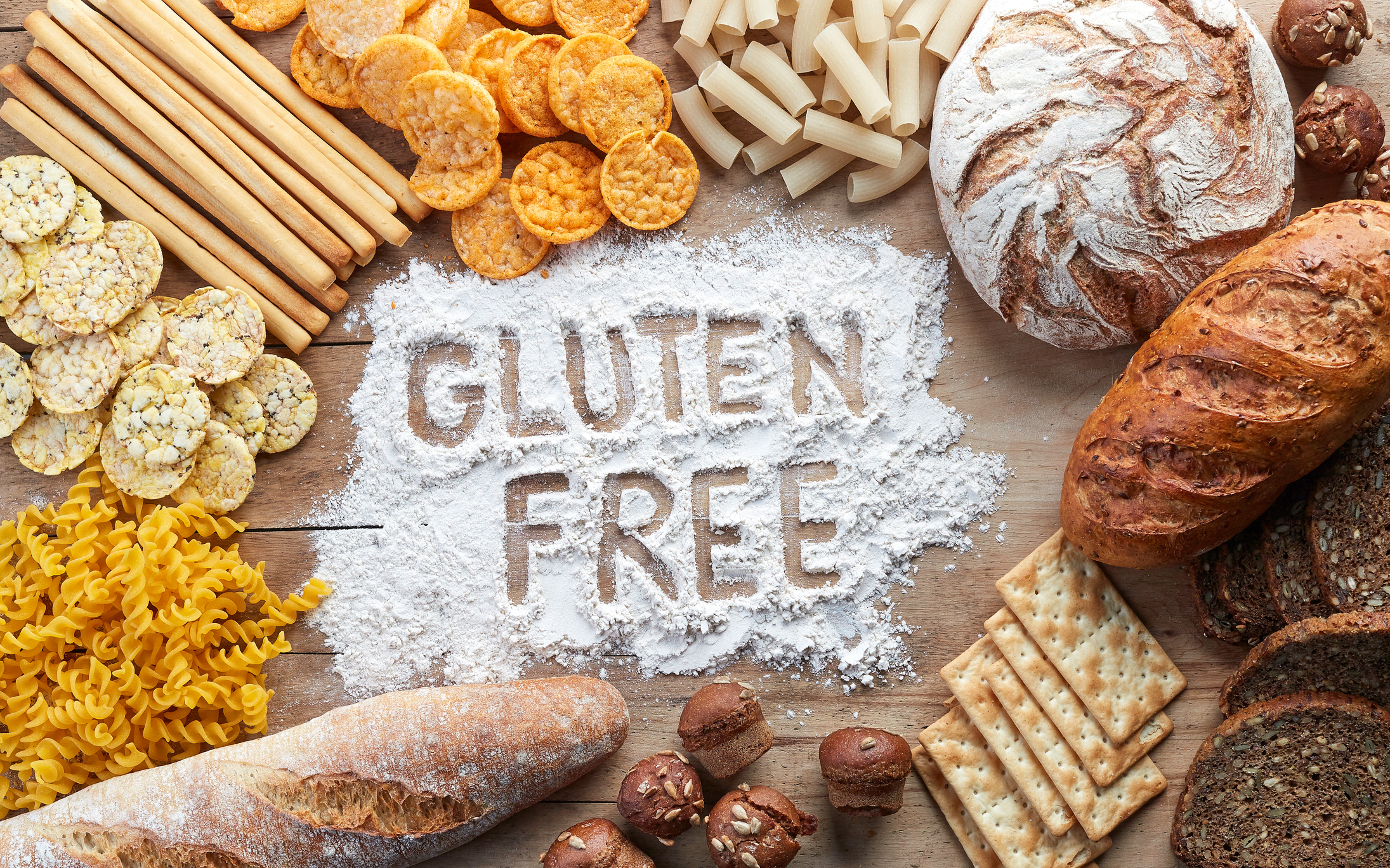Get Easy Health Digest™ in your inbox and don’t miss a thing when you subscribe today. Plus, get the free bonus report, Mother Nature’s Tips, Tricks and Remedies for Cholesterol, Blood Pressure & Blood Sugar as my way of saying welcome to the community!
‘Wheaty weed’ making it hard to know if your gluten-free food really is

When you buy a gluten-free loaf of bread, a box of cereal or a box of pasta, you assume you’re safe.
If you have celiac disease, this is especially important, since eating even a small amount of gluten can cause damage to your intestinal wall, along with painful cramps and diarrhea.
But apparently, it’s not just gluten that can do this sort of damage.
There’s another common weed that’s sneaking its way into gluten-free products and causing the same serious health issues.
Celiac disease: more serious than just an “allergy to gluten”
In case you’re not personally familiar with celiac disease, I’d like to quickly dispel two misconceptions.
First, celiac disease is not just an allergic reaction to gluten. It’s a disease that causes the immune system to attack the intestinal walls and destroy the sections that absorb nutrients. This can lead to leaky gut, anemia, osteoporosis and other deficiency-related and inflammatory conditions.
Second, celiac disease isn’t just a digestive problem. Gluten is linked to 300 different symptoms including depression, headaches, arthritis and thyroid issues. It may even cause the immune system to attack the brain and nerves.
Though not as serious, gluten intolerance is nothing to sneeze at. It can leave you in pain and digestive discomfort and upset, suffering diarrhea and constipation, and also lead to leaky gut and other gut problems.
Ryegrass in your gluten-free bread could harm you
If you’re on a gluten-free diet because of celiac disease or gluten intolerance, I’m pretty sure that your grocery list includes things like gluten-free bread, cereal, or pasta.
Unfortunately, a recent study confirms that the “gluten-free” label is no guarantee against a painful and harmful reaction.
A research team at Edith Cowan University in Australia has identified nineteen proteins in ryegrass that have very similar properties to gluten proteins.
They’ve also found that these gluten-like proteins could be mixing with crops like millet and buckwheat, commonly used as gluten-free products or wheat replacements.
Though ryegrass is native to Europe, Asia, and northern Africa, it has been cultivated in both Australia and the Americas and is also used as livestock feed for beef cattle.
Dr. Escobar-Correas, a researcher from Australia’s national science agency, is calling for clinical studies to determine whether the proteins in ryegrass trigger a celiac response.
“If these proteins cause a reaction for people with gluten intolerance, then it’s important that we develop tests to detect their presence in food products which are otherwise gluten-free,” she says.
How to protect yourself in the meantime
If you have celiac disease, you certainly don’t need to wait for a definitive answer on whether ryegrass proteins will harm you. There’s another simple solution.
Stick to whole foods.
Until the producers of gluten-free processed foods can take steps to ensure their products are safe, you can easily nourish yourself with foods that are naturally free of gluten.
Grains. Bake bread or make cereal with quinoa or arrowroot flour. Brown rice is also gluten-free. Buckwheat makes a hearty, nutty hot cereal.
A note on oats: While oats are naturally gluten-free, it’s best to buy whole oats that are certified gluten-free, indicating there’s been no cross-contamination with other grains during processing.
Fruits and vegetables. All fresh fruits and vegetables are naturally gluten-free. This does not include canned, dried, frozen or pre-chopped fruits and vegetables.
Proteins. Legumes (beans, lentils), nuts and seeds, red meat, poultry, seafood and soy-based foods like tofu are naturally gluten-free.
Processed or ground meats, cold cuts, and anything combined with a sauce or seasoning is suspect. Avoid breaded meat and fish. Even those that say they are “gluten-free.” Make your own breading instead!
Dairy products. Most dairy products are gluten-free. However, beware of those that are flavored or contain additives. Thickeners, malt, and modified food starch in a product all mean there’s gluten in there. This often happens with ice cream.
Finally, the following ingredients on the label of a sauce, condiment, drink, or any product indicate the presence of gluten:
- modified food starch and maltodextrin (if made from wheat, it will be specified on the label)
- malt-based ingredients, including malt vinegar, malt extract, and malt syrup
- gluten stabilizer
- soy or teriyaki sauce
- wheat-based ingredients, such as wheat protein and wheat flour
- emulsifiers (will be specified on the label)
For helpful lists on foods most likely to contain gluten and foods that should be OK to eat, check out our post on starting a gluten-free diet.
Editor’s note: Did you know that when you take your body from acid to alkaline you can boost your energy, lose weight, soothe digestion, avoid illness and achieve wellness? Click here to discover The Alkaline Secret to Ultimate Vitality and revive your life today!
Sources:
Common weed could spell bellyache for gluten intolerant — Eureka Alert
Perennial Ryegrass Contains Gluten-Like Proteins That Could Contaminate Cereal Crops —Frontiers in Nutrition
Common weed with gluten-like proteins may be mixing in with gluten-free foods —Study Finds
Celiac disease, gluten-free diet, and oats — Nutrition Reviews













